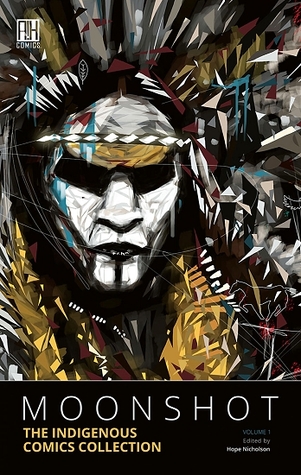 Dry Season
Dry SeasonGabriela Babnik
Translated by Rawley Grau (Slovene)
Originally 2012, I read 2015 translation (ebook review copy)
Literary fiction
Many thanks to Istros Books for providing a review copy of this novel!
Ana, a 62-year-old graphic designer from Slovenia, has run away to a completely foreign place – Burkina Faso. There she meets Ismael, a 27-year-old former street kid with a history of abuse, and they begin a relationship despite – or perhaps because of - their differences. As Ana and Ismael take turns telling us, the readers, about their complex and pain-filled lives, we wander with them further into the dream captivating them.
This novel plays with the stereotypes of the old white woman in Africa as a tourist and the street kid with a history of abuse. Ana and Ismael both are and are not prime examples of their stereotype. Underneath his rough exterior, Ismael thinks deeply and is widely read. He can engage intellectually with the world around him. He isn’t really the fighting, drug dealing street kid that the stereotype would lead you to expect – although he does get involved with those kinds of activities sometimes.
Ana tells us that she chose Burkina Faso because of its complete dissimilarity to where she came from. But the longer she stays, the more she realizes that this new place is not all that foreign after all; she has had similar affairs in the past (with dark-skinned, younger men) and this seems like a repeat all over again. Or did those other affairs actually happen?


